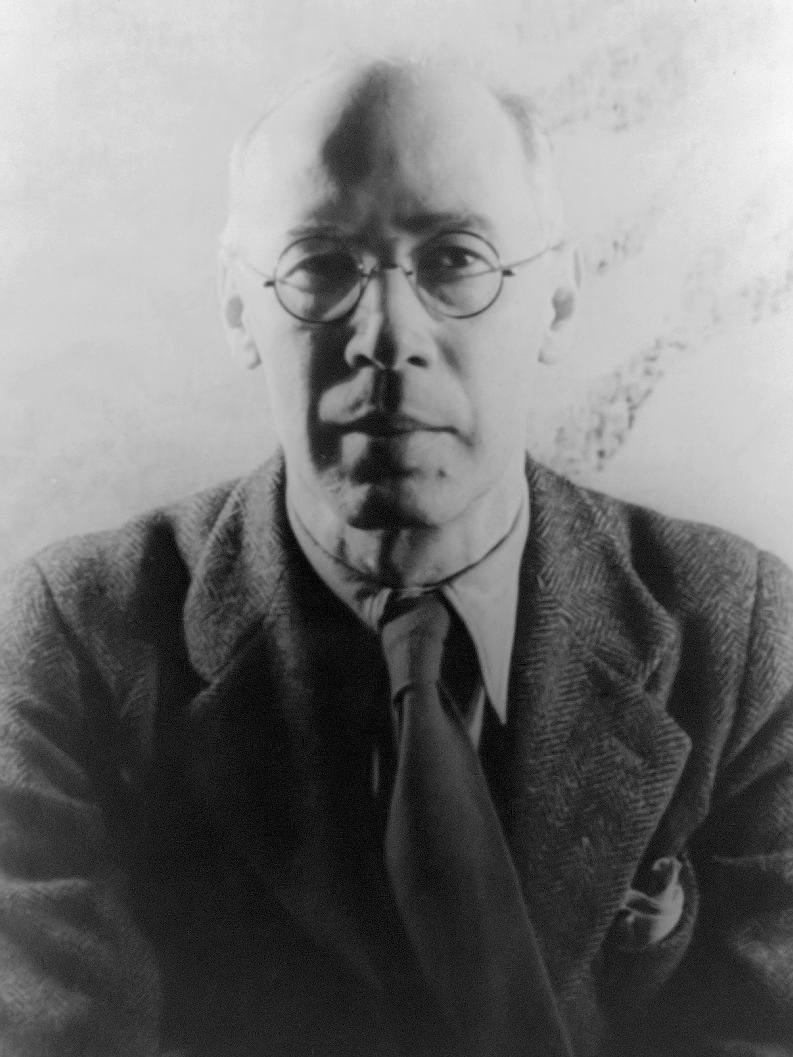Henry Miller Quotes
Tropic of Capricorn (1939)
Source: Sexus
“Life has to be given a meaning because of the obvious fact that it has no meaning.”
A fragment of Miller's unfinished book on D. H. Lawrence, originally published in the London literary journal Purpose. note: The Wisdom of the Heart (1941)
Source: Creative Death", p. 5
Source: Big Sur and the Oranges of Hieronymus Bosch
“Sex is one of the nine reasons for reincarnation. The other eight are unimportant”
Source: The Rosy Crucifixion I: Sexus (1949), Ch. 21, p. 465
Source: The Wisdom of the Heart (1951), "The Alcoholic Veteran with the Washboard Cranium", p. 122
Source: Miller, H. (1969). “Creation,” The Henry Miller Reader. New York: New Directions Publishing Corporation. p.33.
Context: Through art then, one finally establishes contact with reality: that is the great discovery. Here all is play and invention; there is no solid foothold from which to launch the projectiles which will pierce the miasma of folly, ignorance and greed. The world has not to be put in order: the world is order incarnate. It is for us to put ourselves in unison with this order, to know what is the world order in contradistinction to the wishful-thinking orders which we seek to impose on one another. The power which we long to possess, in order to establish the good, the true and the beautiful, would prove to be, if we could have it, but the means of destroying one another. It is fortunate that we are powerless.
Source: Big Sur and the Oranges of Hieronymus Bosch
“An artist is always alone - if he is an artist. No, what the artist needs is loneliness.”
Source: Tropic of Cancer
“At the bottom of every frozen heart there is a drop or two of love―just enough to feed the birds.”
Source: Tropic of Cancer
Source: Tropic of Cancer
The Books in My Life (1952) Preface (2nd edition. New York: New Directions Publishing, 1969, p. 12)
Source: Big Sur and the Oranges of Hieronymus Bosch
Source: Tropic of Cancer
“Everything remains unsettled forever, depend on it.”
Henry Miller on Writing (1964)
Source: Tropic of Capricorn
Source: Tropic of Cancer (1934), Chapter One
Context: This is not a book. This is libel, slander, defamation of character. This is not a book, in the ordinary sense of the word. No, this is a prolonged insult, a gob of spit in the face of Art, a kick in the pants to God, Man, Destiny, Time, Love, Beauty... what you will.
“That we cannot rise equal to situations when we are in them — that is the tragedy of life.”
Source: A Literate Passion: Letters of Anaïs Nin Henry Miller, 1932-1953
“Confusion is a word we have invented for an order which is not understood.”
Tropic of Capricorn http://books.google.com/books?id=_HAhCxNs-QUC&lpg=PA176&q="Confusion+is+a+word+we+have+invented+for+an+order+which+is+not+understood"&pg=PA176#v=onepage (1939)
“either you take in believing in miracles or you stand still like the hummingbird.”
Source: Stand Still Like the Hummingbird
“The smile was so painfully swift and fleeting that it was like the flash of a knife.”
Source: Tropic of Capricorn
“The cancer of time is eating us away”
Source: Tropic of Cancer
"The Absolute Collective", an essay first published in The Criterion on The Absolute Collective : A Philosophical Attempt to Overcome Our Broken State by Erich Gutkind, as translated by Marjorie Gabain
The Wisdom of the Heart (1941)
Context: All about us we see a world in revolt; but revolt is negative, a mere finishing-off process. In the midst of destruction we carry with us also our creation, our hopes, our strength, our urge to be fulfilled. The climate changes as the wheel turns, and what is true for the sidereal world is true for man. The last two thousand years have brought about a duality in man such as he never experienced before, and yet the man who dominates this whole period was one who stood for wholeness, one who proclaimed the Holy Ghost. No life in the whole history of man has been so misinterpreted, so woefully misunderstood as Christ's. If not a single Man has shown himself capable of following the example of Christ, and doubtless none ever will for we shall no longer have need of Christs, nevertheless this one profound example has altered our climate. Unconsciously we are moving into a new realm of being; what we have brought to perfection, in our zeal to escape the true reality, is a complete arsenal of destruction; when we have rid ourselves of the suicidal mania for a beyond we shall begin the life of here and now which is reality and which is sufficient unto itself. We shall have no need for art or religion because we shall be in ourselves a work of art. This is how I interpret realistically what Gutkind has set forth philosophically; this is the way in which man will overcome his broken state. If my statements are not precisely in accord with the text of Gutkind's thesis, I nevertheless am thoroughly in accord with Gutkind and his view of things. I have felt it my duty not only to set forth his doctrine, but to launch it, and in launching it to augment it, activate it. Any genuine philosophy leads to action and from action back again to wonder, to the enduring fact of mystery. I am one man who can truly say that he has understood and acted upon this profound thought of Gutkind's —“the stupendous fact that we stand in the midst of reality will always be something far more wonderful than anything we do."
Source: The Rosy Crucifixion II: Plexus (1953), p. 599
